What You Need to Know About Metabolism—6 Simple Ways to Naturally Boost Your Metabolism
6 Simple Ways to Naturally Boost Your Metabolism
Overview
Metabolism – Every time you think, breathe, move, or reach out for a glass of water—even while you are sleeping—the body uses energy and is constantly performing a series of complex tasks to fuel that activity. Metabolism refers to those numerous biochemical reactions going on inside each cell that allow the use of energy for normal life functioning.
Metabolic processes include breathing, digestion, blood circulation, growth and repair, maintenance of homeostasis, and various other biological functions. In simple terms, metabolism is the engine that keeps you running and fuels your daily activities.
There are two types of metabolic activities.
Catabolism (destructive metabolism) involves the breakdown of complex food matter (like carbohydrates, proteins, and fats) into simpler, usable molecules like glucose. This process releases energy, which we use for growth and daily functioning.
Anabolism (constructive metabolism) is the exact opposite of catabolism, which means simpler molecules are synthesized to form larger ones. These complex molecules are then utilized for building and repairing purposes. This process requires energy, which comes from catabolism. Anabolism involves processes like bone building and mineralization, muscle mass growth, and storage of extra energy as fat.
Advantages of having a good metabolic rate
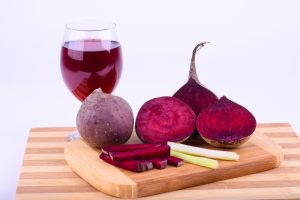
Maintaining a healthy metabolic rate also comes with numerous side benefits that can improve your quality of life and reduce the risk of chronic diseases. A fast metabolism keeps you energized, controls blood sugar levels, boosts blood circulation, enhances detoxification, and improves skin health.
Your daily calorie expenditure is mainly determined by three factors.
Basal metabolic rate (BMR) is the minimum amount of energy your body needs to keep you alive while at rest. Basic life processes like breathing, heart function, hormonal secretion, and body temperature regulation are constantly going on even while you are sleeping. These activities account for about 60 to 70% of a person’s daily energy expenditure. Your BMR depends on a lot of factors such as age, gender, body size, height, genetic predisposition, lean muscle mass, body fat percentage, climate, diet, and activity level.
Thermic effect of food (TEF): It is the number of calories you burn while ingesting, digesting, and processing foods and drinks. It involves nutrient breakdown, absorption, and transportation to different parts of the body. TEF depends on the quality of food and portion size. It typically accounts for 5 to 10% of a person’s total energy expenditure.
Thermic effect of exercise (TEE): It is the amount of energy used during physical activities like walking, standing, cooking, reading, working, and exercising. It mostly depends on the type and intensity of physical activity, but body composition and numerous other factors (like diet and fat-to-muscle ratio) also play a role. Varying from person to person, physical activity accounts for about 10–30% of a person’s calorie expenditure.
How to boost your metabolism naturally
1. Eat a protein-rich diet

Moreover, protein is vital for muscle building and promotes lean body mass, which also increases your energy expenditure, as your muscles burn more calories than fat tissues. Evidence shows that eating a high-protein diet can prevent muscle loss, which is often a side effect of weight loss. Protein also promotes satiety and provides the basic building blocks for constructive metabolism.
Examples of high-quality lean protein foods include eggs, fatty fish, tofu, beans and legumes, chicken breast, nuts, greek yogurt, and soy products (Avoid soy products if possible but if not, opt for non-GMO and organic varieties). Breakfast is thought to be the best meal for eating protein-rich foods, as your TEF is typically higher during the first few hours after you wake up and decreases to a minimum before bedtime.
2. Get more exercise
Getting physically more active does not require spending hours in the gym. When it comes to your health, even simple habits like stretching your legs every 2-3 hours or completing your daily 30-minute walk goal can make a great impact.
In addition to directly increasing your energy expenditure—and hence boosting your metabolism—exercise also improves your basal metabolic rate. This means if you exercise regularly, you will burn more calories resting and doing other activities as well.
High-intensity workouts and strength training are particularly beneficial and can give a huge boost to your metabolism. Muscles are metabolically more active than other body tissues, and subjecting them to workouts and weight training enhances muscle endurance and strength, preventing age-related muscle loss.
3. Eat regular meals—and breakfast like a king!
Eating every 4-6 hours is the simplest and one of the most effective ways to keep a healthy metabolism. While meal frequency is not known to have any significant impact on weight loss—which depends a lot more on the number of calories consumed—eating at regular intervals can keep your engine going and have numerous other health benefits.
Regular meals can promote satiety, stabilize blood sugar levels, keep you energized, and prevent overeating. Research shows that timing your meals every 4-6 hours can improve your cholesterol profile and reduce the risk of metabolic diseases.
Having a nutrient-dense breakfast is one of the most important habits that could kick-start your metabolism and keep it going throughout the day. According to a 2021 study, a daily breakfast habit can greatly improve your cardio-metabolism and reduce the risk of type-2 diabetes. Researchers also found that skipping your breakfast even once a week could reduce those benefits.
However, eating more frequently may be counterproductive if your diet includes high-carb, low-fiber foods. Try to plan your meals wisely and include some high-quality protein-rich snacks such as nuts, seeds, berries, and low-glycemic fruits in your diet.
4. Avoid unscientific dieting and calorie restriction
While skipping meals or drastically reducing the portion size is a sure way to reduce your calorie intake, it may not be the healthiest weight loss strategy from a long-term perspective—and is certainly not good for your metabolism. Researchers have explained a natural phenomenon called metabolic adaption or starvation response, which slows down your metabolic rate when you consistently eat less than you need. It is part of your survival response against starvation and death. However, a good intermittent fasting schedule could help improve your metabolism.

This is why unscientific fasting and crash diets often fail to produce sustainable weight loss because your metabolic adaptation may result in your body burning even fewer calories than before. Severe calorie restriction, which means eating fewer calories than your basal metabolic rate, could have a particularly disastrous impact on your metabolism and overall health.
Studies have shown that eating fewer than 1,000 calories per day for a long time could dramatically slow down your metabolism, which may persist even after you stop dieting or start exercising, thereby increasing the chances of weight gain later. In a 2012 study, researchers found that combining vigorous exercise with diet restriction helped preserve muscle mass but did not prevent metabolic slowdown, which was drastic and out of proportion to weight loss.
5. Drink plenty of water
Increasing your water intake is one of the most underrated—and yet the simplest and most effective—ways to boost your metabolism naturally. Studies have shown that drinking 500 ml of cold water can speed up your metabolic rate by 30% for 60–90 minutes.
When you drink cold water, the body uses energy to heat it up to your body temperature. This process is called water-induced thermogenesis and is known to have a significant role in weight management.
6. Sleep well
Sleep is often an overlooked aspect of health but plays a central role in regulating various biological functions, including metabolism. Prolonged sleep deprivation, irregular sleep timing, or sleep disorders are known to slow down your basal metabolic rate and increase the risk of weight gain.
Studies have shown that even one night of sleep disruption can lower your metabolic rate, increase stress levels, and affect insulin levels. On the other hand, taking restful sleep of 7–8 hours on a daily basis have been associated with healthy metabolism, improved satiety levels, and increased weight loss.
Final thoughts
Metabolism is recognized as one of the most important aspects of healthy weight management. But it is important to understand that weight loss depends on a lot of other factors, like food choices, activity level, and health conditions—and boosting your metabolism is unlikely to produce any results unless you make some fundamental changes in your lifestyle.
There are various natural ways to increase your metabolic rate and energy expenditure, such as eating a high-protein diet, exercising regularly, spicing up your meals, staying hydrated, and eating regular meals. You can also try some stimulating herbs and spices like cardamom, black pepper, nutmeg, rosemary, cinnamon, cumin, and ginger.
Remember, “Do Something Everyday That Heal Your Body!”
For products and supplements that can help you live your best healthy life, visit our store here!
To Your Health!
References
https://pubmed.ncbi.nlm.nih.gov/22710610/
https://pubmed.ncbi.nlm.nih.gov/22535969/
https://www.ncbi.nlm.nih.gov/pmc/articles/PMC6520689/
https://www.ncbi.nlm.nih.gov/pmc/articles/PMC3374835/
https://academic.oup.com/jcem/article/88/12/6015/2661518

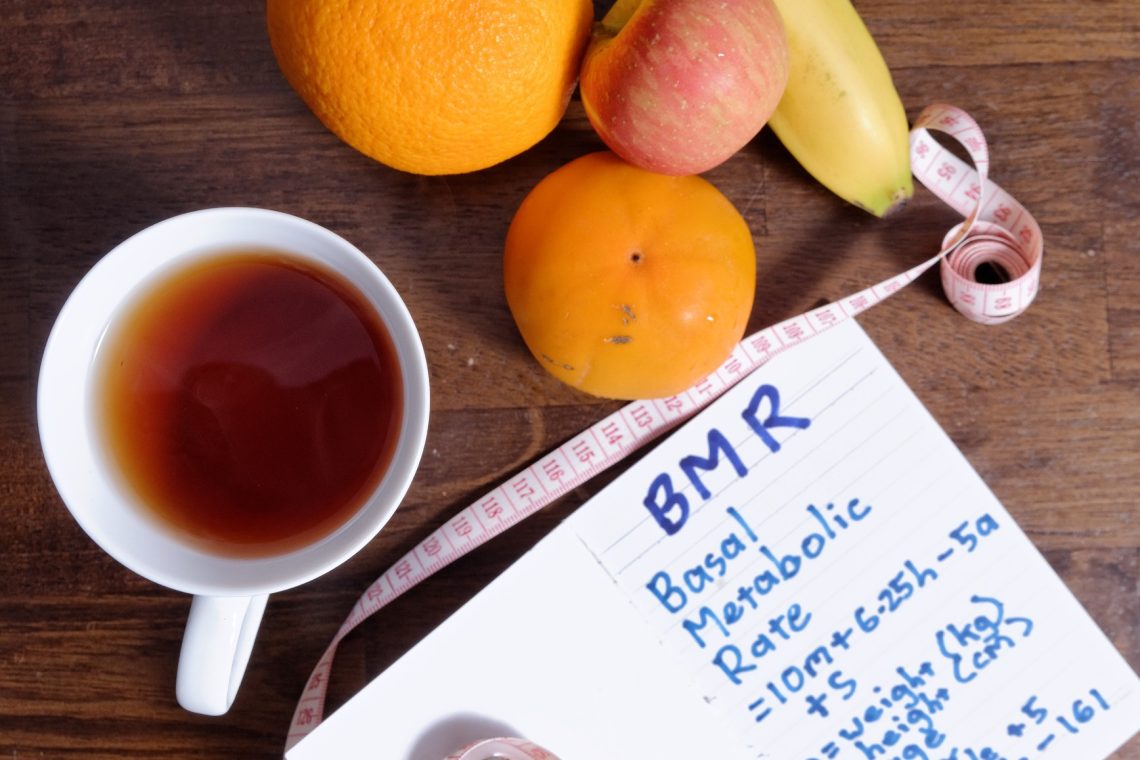



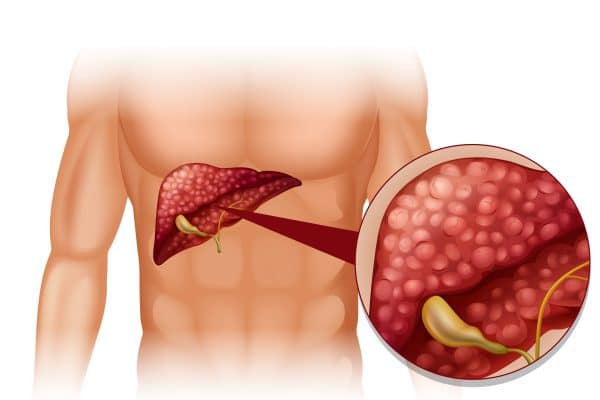

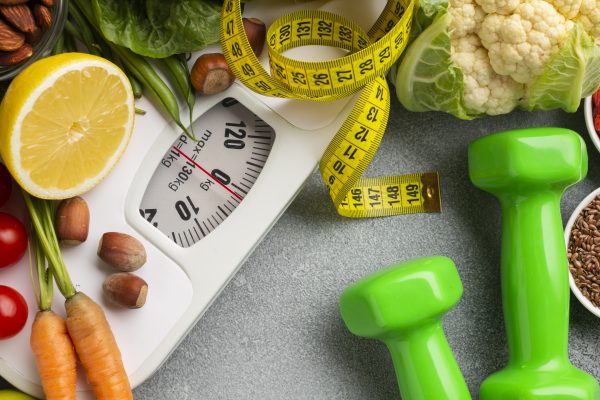



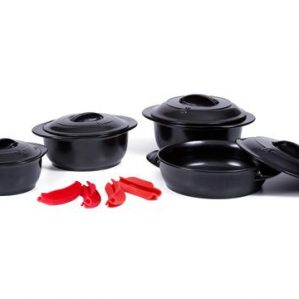
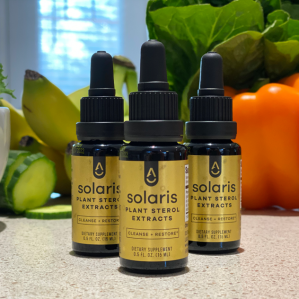
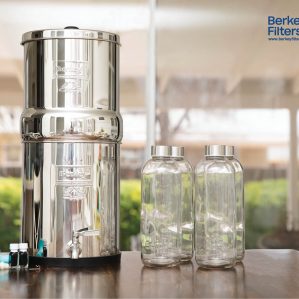













2 Comments
[…] summary, the liver is a complex organ that performs essential functions related to metabolism, detoxification, digestion, and immune response, among others. Its intricate structure and […]
[…] oxidation is a normal part of cellular metabolism, excessive stress on the body as a result of oxidation occurs when there is an imbalance between […]